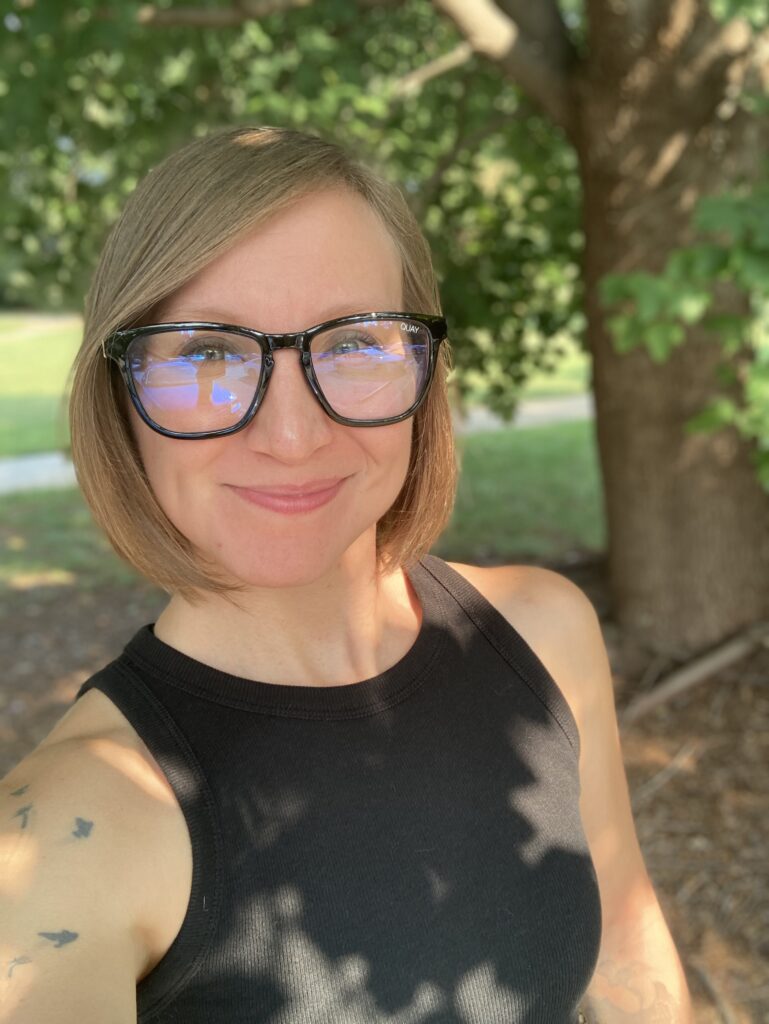If you do any kind of surveys, this episode is a must-listen for you. Learn how to avoid critical mistakes in what questions you chose, how you word them, the order you ask them, and the type of question format you select. Surveys are a critical source of data for organizations that serve a community, because they are one of the best ways of getting information straight from the source. But too often we don’t invest enough time and skills into how a survey is actually written. Today’s guest helps us solve that.
To get started, here is Dr. Kristin William’s top list of common survey writing mistakes that we cover in the episode:
- “Double-barreled questions”: multiple questions together clouds response to any individual one
- Asking leading questions
- Overlapping answer categories
- Missing answer categories
- Single choice when I need multiple
- Non-inclusive/offensive demographic terms
- Request for personal information without why
- Repeated requests for similar/overlapping information
- Wrong question type selected
- Check three when it should have been a rank
- Overuse of open response when coding is required to leverage data aggregation
So what can you do to improve your surveys? Kristin discussed many ways, including asking demographic questions at the end of a survey once you’ve already proved to the respondent that this is a worthy survey. More broadly, Kristin recommends:
- Hire a person trained in survey methodology
- Hire a consultant
- Get training for your staff on good survey methodologies
- Use the most appropriate question types and ask for the minimum necessary information
- Test your questions on a diverse and representative group of pilot subjects
- Build your own validated templates
Looking to learn more about surveys? Kristin recommends the Pew Research Center’s introduction to survey writing: https://www.pewresearch.org/our-methods/u-s-surveys/writing-survey-questions/
When you’re ready for something a little more advanced, consider Harvard’s Program on Survey Research. They host a comprehensive collection of survey-related materials, including tips on how to tell a good survey contractor from a bad one: https://psr.iq.harvard.edu/book/psr-resources
And finally, Kristin’s go-to book is “The Complete Guide to Writing Questionnaires: How to Get Better Information for Better Decisions” by David F. Harris.

Dr. Kristin N. Williams is a professional sociologist with more than 15 years of social science research experience. Trained in both quantitative and qualitative methods, Kristin offers a comprehensive approach to community engagement and research.
Kristin served as the first Planning Engagement Coordinator for the City of Raleigh. During her tenure, she managed the creation of an engagement playbook, standardized the use of quality surveys, and initiated innovative outreach strategies. She continues this work at PublicInput.com, assisting clients with outreach best practices.
Through NineteenEleven Consulting, Kristin works with local, state, and federal agencies to:
- Create and implement Public Involvement Plans,
- Draft surveys to produce meaningful data,
- Conduct focus groups and interviews that ask the right questions, and
- Analyze quantitative and qualitative data to maximize insights garnered through outreach.
Find and follow Kristin on LinkedIn!


Comments are closed